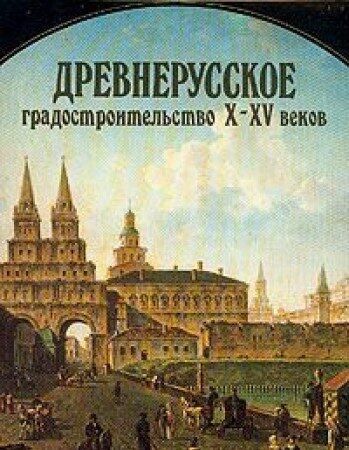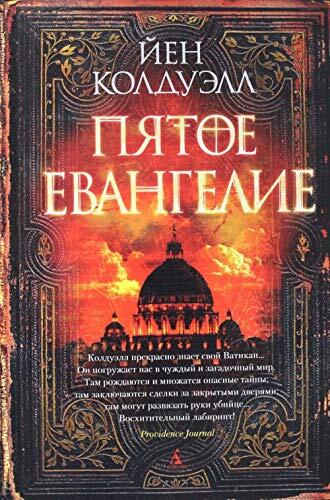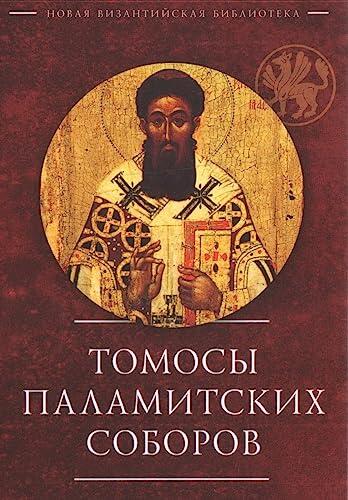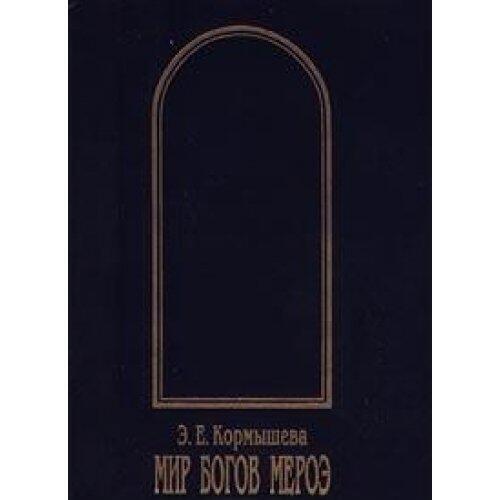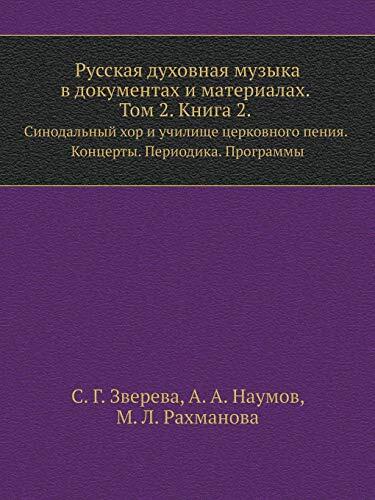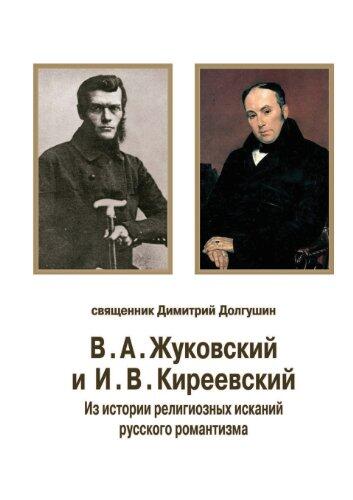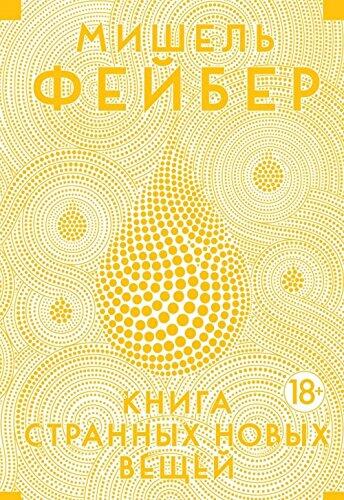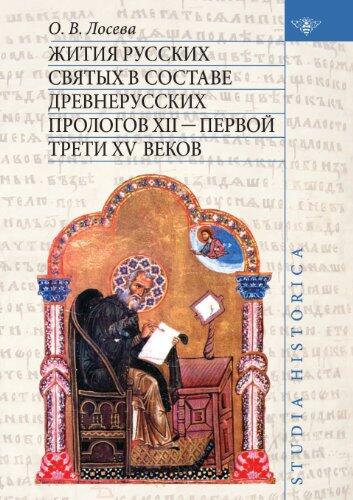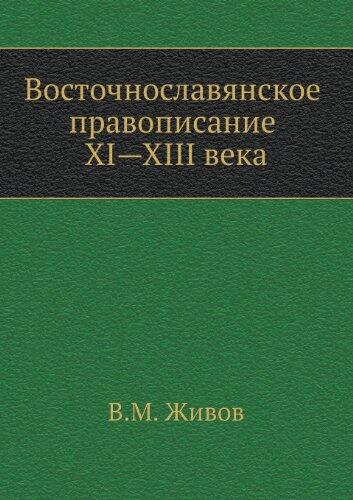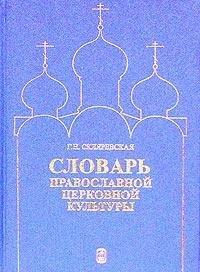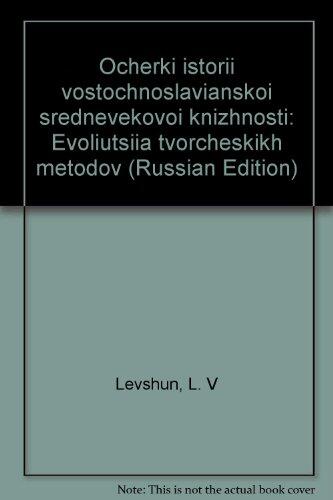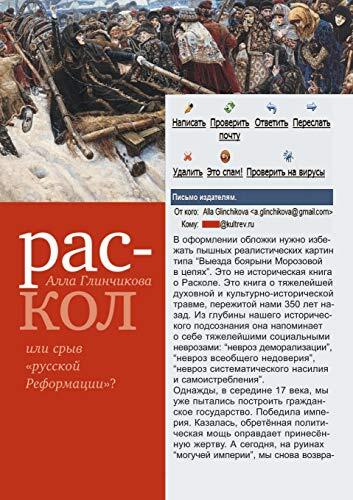
Raskol ili sryv "russkoj Reformatsii"?
by:
A. G. Glinchikova
Language: Russian
Format: Paperback
ISBN 10: 5250060412
ISBN 13: 9785250060417
Publication date:
January 24th, 2013
Publisher: Book on Demand Ltd.
Pages: 386
Genres: Religion & Spirituality, History
Within a landscape marked by religious and societal upheaval, a profound exploration unfolds, delving into the complexities surrounding the Russian Reformation. A. G. Glinchikova unravels the intricate interplay between belief and governance, tracing the historical threads that stitch together the narratives of faith within Russian culture.
The work scrutinizes the tensions that arise when traditional doctrines collide with emerging reformist ideologies. It presents a thorough analysis of the various factions and movements that either resisted or adapted to the changing paradigms of faith, shedding light on the internal struggles that often symbolize wider societal conflicts. Through meticulous research and insightful commentary, Glinchikova illuminates the stakes involved in this pivotal moment in Russian history.
Readers are invited to ponder the ramifications of these religious shifts, not just for the devout, but for the fabric of society as a whole. The dialogue between the old and the new offers a rich tapestry of perspectives, revealing how deeply intertwined faith and identity are for the Russian people.
This exploration serves not merely as a historical recounting but also as a reflection on the enduring quest for meaning and belonging in a world marked by change. Glinchikova's examination provides both scholarly rigor and a compelling narrative, ensuring that the complexities of the Russian experience resonate with readers on multiple levels.
The work scrutinizes the tensions that arise when traditional doctrines collide with emerging reformist ideologies. It presents a thorough analysis of the various factions and movements that either resisted or adapted to the changing paradigms of faith, shedding light on the internal struggles that often symbolize wider societal conflicts. Through meticulous research and insightful commentary, Glinchikova illuminates the stakes involved in this pivotal moment in Russian history.
Readers are invited to ponder the ramifications of these religious shifts, not just for the devout, but for the fabric of society as a whole. The dialogue between the old and the new offers a rich tapestry of perspectives, revealing how deeply intertwined faith and identity are for the Russian people.
This exploration serves not merely as a historical recounting but also as a reflection on the enduring quest for meaning and belonging in a world marked by change. Glinchikova's examination provides both scholarly rigor and a compelling narrative, ensuring that the complexities of the Russian experience resonate with readers on multiple levels.

